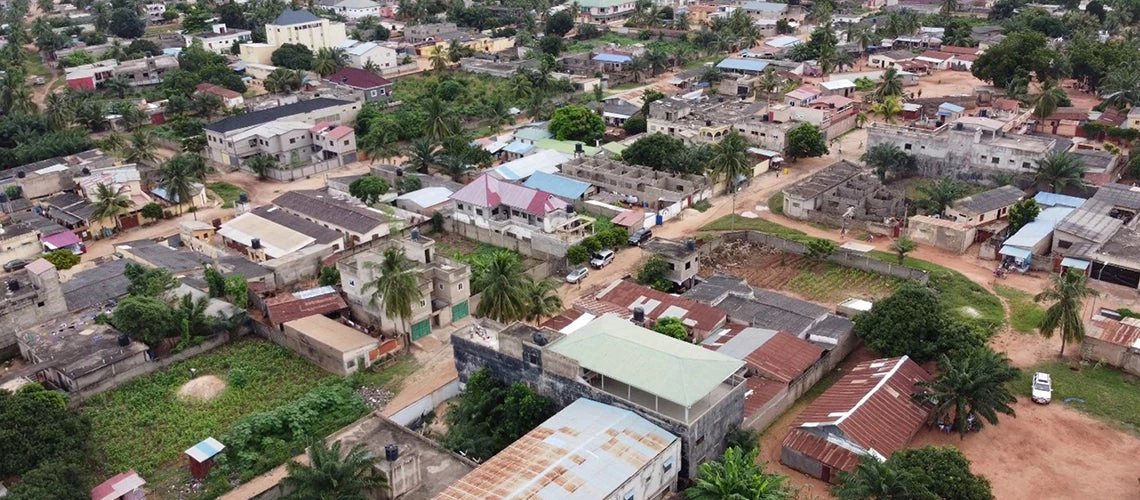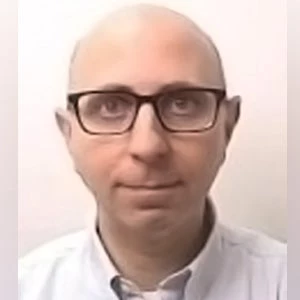 Build capacity to expand access for all to housing finance in West Africa
Build capacity to expand access for all to housing finance in West Africa
In West Africa, houses are built brick by brick, room by room, with the pace of construction determined more often than not by the rate at which money comes in. It takes years and even decades for a house to be completed and for the occupants to move in. The West African Economic and Monetary Union community, which comprises Benin, Burkina Faso, Côte d’Ivoire, Guinea-Bissau, Mali, Niger, Senegal, and Togo, is facing a deficit of decent housing of around 3.5 million units. A total of 250,000 additional houses would have to be built each year to respond to the combined impact of demographic growth and rapid urbanization.
Access to mortgage loans remains difficult and the process for obtaining a loan is fraught with numerous obstacles. As most of the population lives and works in the informal sector, earnings are irregular, often quite low and sometimes difficult to track, making it hard to get a sizable loan. Furthermore, because of limited resources, lending institutions are not able to grant long-term loans. The terms and conditions for granting a loan mean that the majority of households are excluded from consideration, while lending institutions often find the collection process difficult. This is compounded by a shortage of affordable housing and poor market regulation systems.
In 2017, the World Bank approved $155 million in financing from the International Development Association (IDA) for the West African Development Bank (BOAD) and the WAEMU Commission to support the development of affordable housing finance for households with low and irregular incomes, which constitute the target beneficiaries of the regional WAEMU Affordable Housing Finance Project.
The Regional Mortgage Refinancing Company (CRRH): a major structural and institutional change that addresses real needs
In 2019, only one out of every 100 persons in West Africa had secured a mortgage loan. The housing finance market was only at its early stages then and had to grapple with deep structural and institutional weaknesses in the area of mortgage refinancing.
In July 2020, an official of the Atlantic Bank in Mali, one of the banks refinanced through the regional project, noted that “In Mali, we suffer from a critical lack of long-term resources adapted to funding for housing loans.”
According to the CEO of CRRH-UEMOA, Yedau Ogundele, “CRRH-UEMOA was created in 2010 as a facility open to banks and decentralized financial institutions within the WAEMU space. This is how it works: it raises long-term resources on financial markets and from development partners to provide long-term financing to financial institutions, thereby enabling them to develop long-term mortgage loans at affordable rates for their customers, including the poorest households.”
Open up the market to allow as many people as possible to own decent housing
The maximum size of a loan granted is around $30,000, repayable over 10 to 15 years. Thanks to the multiplier effect of the regional project, CRRH has already raised an additional $385 million on international markets, thereby providing even more funds for refinancing mortgage loans.
The first impact assessment conducted in 2023 showed that 86 percent of beneficiaries were applying for a housing loan for the first time and were successful thanks to the CRRH-UEMOA refinancing loan facility. The regional project has therefore amply demonstrated its impact on financial inclusion, as 75 percent of beneficiaries were low- or middle-income applicants.
Major potential going forward to support the sustainable development of affordable housing
The cultural shift in the financial system has encouraged many more banks in WAEMU countries to offer housing loans. So far more than 50,000 persons have seen their dream of living in their own home come true thanks to over 12,000 loans (including 8,700 under the IDA financing). Thousands more households with the same dream will see opportunities open for them. The new homes financed represent some 40,000 jobs created.
Given current projections, it appears that CRRH-UEMOA is poised to register historic rates of growth over the long term. Indeed, CRRH-UEMOA has demonstrated its capacity to operate with increasing effectiveness in the face of a critical lack of long-term financing in “fragile” countries such as Mali and Niger. In addition, the ever-improving prospects for market growth in Senegal and Côte d’Ivoire following the introduction of promising reforms will help the institution achieve its full potential in the years ahead.
With the region experiencing rapid population growth and urbanization, better access to housing will yield substantial benefits to the economies of the region and to individuals. The project financed by the World Bank is scheduled to close in the coming months but the institutions that it has supported will live on. The system established will continue operating to significantly improve the living conditions of the population.


Join the Conversation